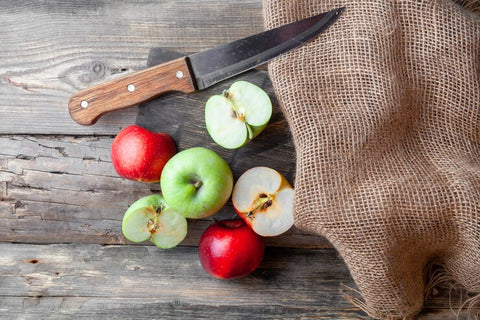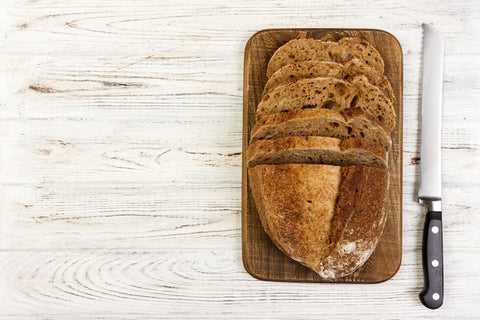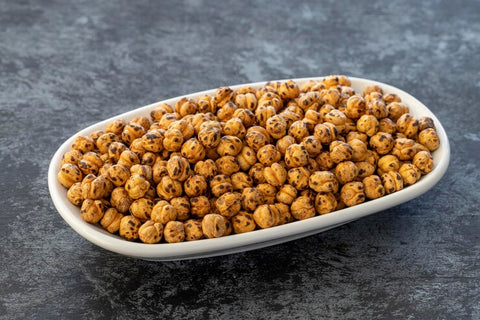The apple slices and peanut butter in your lunchbox have been on your mind all morning. But because of the meetings and phone calls, it will be a race against time to eat them before they become mushy and brown. As it turns out, there are a few methods for preserving the crispness and freshness of your preferred healthy snack.
Discover how to prevent apples from browning with these 5 simple techniques:
Water and honey
Slices of apple should be soaked in the mixture for 30 seconds. This works because honey contains a substance that inhibits the oxidizing enzyme. Additionally, this is a technique that won't adversely affect the apple's flavor.
Water and salt
You might recall from chemistry class that sodium chloride is another name for salt. The chemical components that give it its name prevent oxygen from reaching the slices' surface. It is after all the oldest preservative found in nature. Just be very careful not to salt the food excessively. A half teaspoon or less in a cup of water can do the trick without changing the flavor of the apple.
Citric acid powder
You've probably noticed packaged, perfectly brown-spot-free slices of apples at your neighborhood store. It's because ascorbic acid, often known as vitamin C, is typically used to treat them. To carry out the same task at home, you can purchase citric acid powder online or at specialty stores.
Plain water
Decrease the apple's exposure to air as much as possible to prevent browning. The simplest method for doing this is to completely immerse your apple slices in water. Put a fresh paper towel on top of the slices since they will float to the surface of the water.
The paper towel will push the apples under the water's surface once it has been wetted. Another method is to push the air out of the zip-lock bags before placing the apple slices inside. Both methods prevent the apples from browning well without requiring any additional ingredients.
Lemon juice
The oldest trick known to man is this one. The enzyme that produces browning is inactivated by the high acidity and low pH of lemon juice. In essence, the acid and enzyme interact before the enzyme and oxygen interact with the apple.
Have you ever wondered why apple slices from the shop are always so crisp and white? They are frequently treated with citric acid, sulfites, or ascorbic acid; another acid that has a similar effect is lemon juice.
Give the apples a brief squeeze of lemon juice or soak the apple slices in diluted lemon juice and water.
No lemons in season? Try bottled lemonade, orange juice, or lemonade; if it has acid, it will prevent browning. Because of its acidity, vinegar also functions, but it may do so with a more disagreeable flavor than these other options. Lemon juice is your best bet if you're freezing farmers market Honeycrisps for a later batch of applesauce or apple bread.
Conclusion
Although there isn't a foolproof strategy to stop apples from ever becoming brown, using these techniques will give you an extra hour or two before coloring starts. So, you don't have to consume your apple slices in record time, and you can keep them on fruit platters and in salads for much longer than you would with untreated apples.



